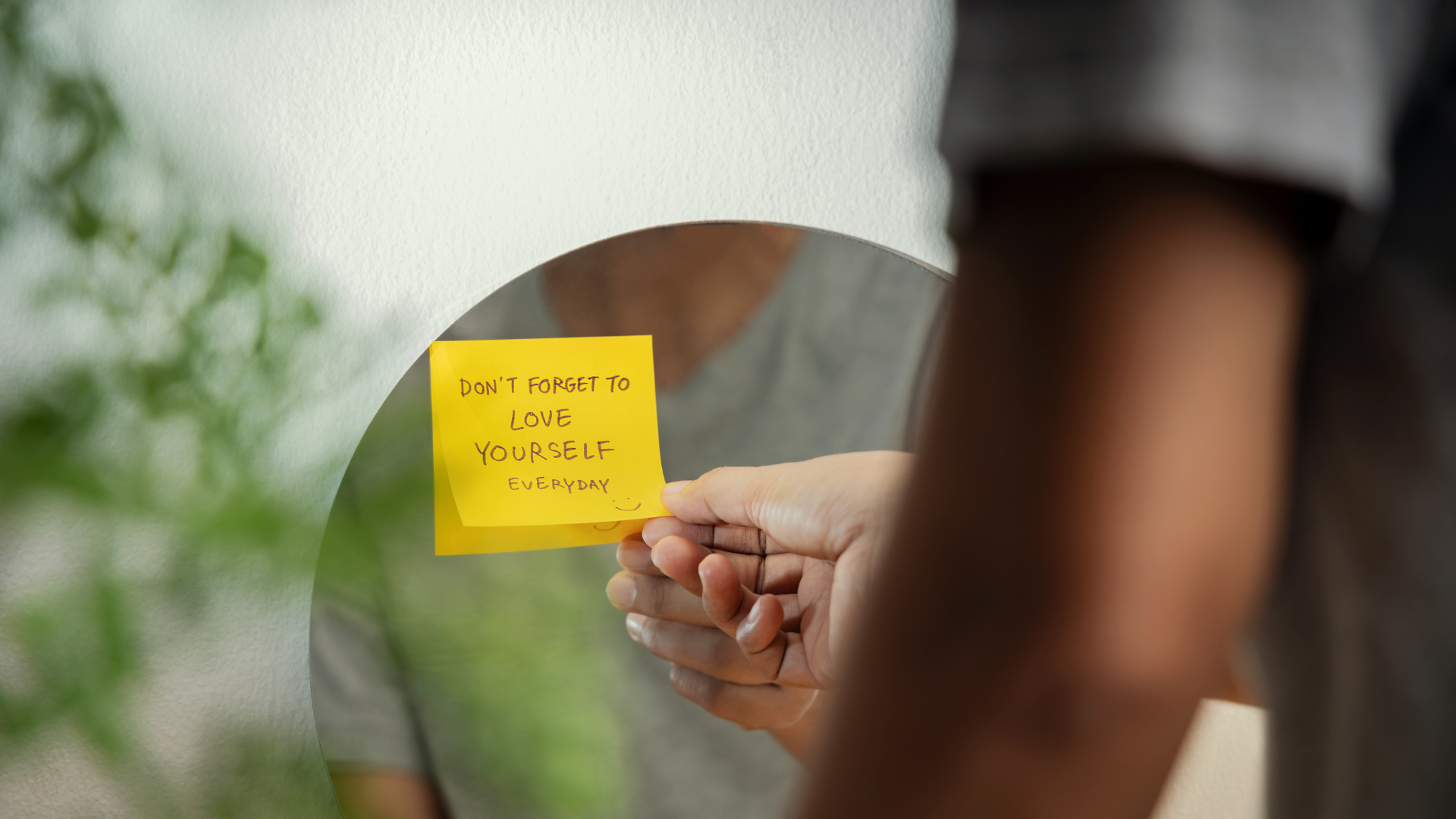
22 Feb Your Relationship with Yourself Sets the Tone for Every Other Relationship in Your Life
How you treat yourself usually shows how your relationship will be with other people, so if you have a negative relationship with yourself, it might also manifest in your other relationships.
Having a good relationship with yourself also means that you practice self-awareness, self-acceptance, and self-care. The way you treat yourself can impact your mental health, mood, and your relationships with others.
If you are not sure whether you have a good relationship with yourself, here are some things you should know about cultivating a healthy self-relationship.
READ NEXT: How’s Your Rizz: Why Flirting Might Be Better for Your Health
Better Relationship with Yourself
There are ways to better your relationship with yourself, starting with self-care and acknowledging your needs.
A 2022 study noted that self-care may lead to a greater well-being. The findings of the research also showed that positive family environment influences and is influenced by sustainable behaviors such as self-care, caring for others, and caring for the environment.
Aside from self-care, there are also other strategies to help you create a healthier relationship with yourself including:
- Having a more positive inner dialogue: according to a 2024 study, having a positive self-talk helps create self-confidence, motivation, and improves one’s mental health. Adolescent participants in the study were found to have experienced good reactions to positive emotions due to practicing a positive inner dialogue. The study also concluded that understanding and implementing positive self-talk can help build strong foundations for healthy and successful personal development in the future. Negative self-talk will trigger performance anxiety, detachment, somatic fatigue, and self-blame.
- Validating your feelings: validating your feelings does not mean condoning your bad behavior. It means acknowledging your emotions and being able to identify those feelings without any judgment. When you practice validating your own emotions, you communicate acceptance within yourself, strengthen your relationship with yourself, and allow you to regulate your emotions effectively.
- Meeting your own needs: It’s not selfish to put yourself first in meeting your own needs. Sometimes you might have to say no to a lot of people to address your needs. It also helps to make sure you don’t let go of your better health practices such as eating nutritious meals, regular exercise, getting enough quality sleep, practicing relaxation techniques, and allotting time to do things that you love.
Rewards of Better Relationship with Yourself
A 2023 study showed that participants with high self-esteem over the years improved their labor productivity. The results of the research also showed that self-esteem increases as age, professional category, seniority in the field increase.
How we view ourselves can also predict our problem-solving skills. According to another 2024 study, female participants’ self-esteem can significantly predict their problem-solving skills.
Those with higher self-esteem also enjoy improved mental health. A 2023 study concluded that having high self-esteem helps individuals adapt to and succeed in varying aspects of life, including having more satisfying relationships, better performance at school and work, and improved mental and physical health.
The study also discussed that having a high self-esteem strengthens persistence after rejections and failures, which can lead to better outcomes in school, work, relationships, and health.
A better relationship with yourself paves the way for everything better that could be part of your life, may it be people, experiences, or opportunities. The chance to reap rewards from life starts from within.
READ MORE: A Purposeful Me Time: Why We Sometimes Need to Recharge Alone
iCare | Trusted HMO in the Philippines for 33 Years



